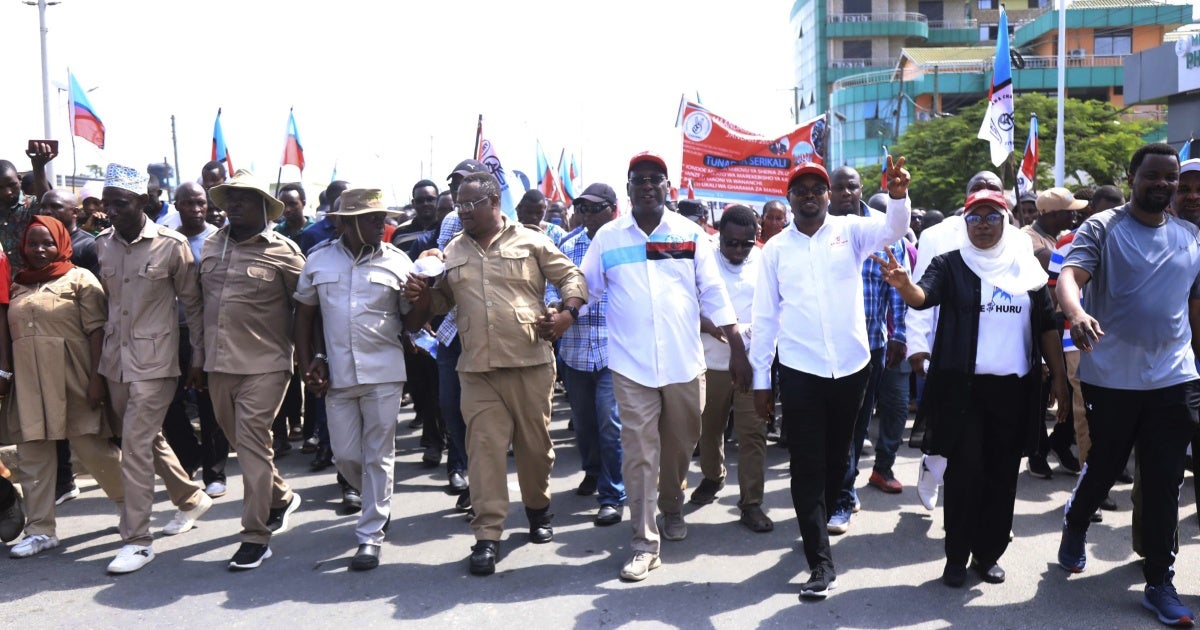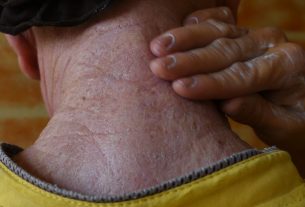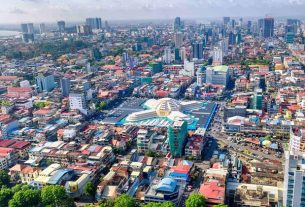Over the past week, Tanzanian police have arbitrarily arrested 375 members and supporters of the country’s main opposition party, the Party for Democracy and Progress (Chama cha Demokrasia na Maendeleo, or Chadema). Among them are former presidential candidate Tundu Lissu, party chairman Freeman Mbowe, party youth wing leader John Pambalu, and several journalists. The arrests took place ahead of the party’s planned August 12 International Youth Day celebration in the city of Mbeya.
On August 11, the police announced they were banning the event because it was intended to “breach the peace.” They cited a recent statement from a Chadema youth wing mobilization coordinator that referenced the recent youth-led protests in neighboring Kenya. The authorities did however allow another International Youth Day celebration organized by the ruling party to occur two days earlier in Zanzibar.
The police said on August 13 that they released Lissu, Mbowe, and other party leaders without criminal charges following questioning. But this clampdown was a bad sign as Tanzania prepares for local elections later this year and general elections in 2025.
When Samia Suluhu Hassan took office after President John Magufuli’s death in March 2021, she took some measures to improve Tanzania’s human rights record. Attacks on basic rights had escalated under Magufuli, including a violent crackdown on the opposition around the October 2020 general elections.
However, progress has been inconsistent. In July 2021, police arrested Mbowe and 11 other Chadema members ahead of a conference to discuss reforms of the country’s constitution. Mbowe was held on terrorism charges in pretrial detention for seven months before being released. In 2023, authorities arrested and threatened dozens of critics of a government agreement concerning management of the country’s ports. The government has also yet to prosecute any security force personnel for killing at least 14 people and injuring another 55, as well as beating opposition supporters, in Zanzibar during the 2021 elections.
The rights to freedom of association and peaceful assembly are safeguarded by the Tanzanian constitution and the regional and international treaties that the country has ratified. The authorities should reverse this troubling trend and ensure that the political opposition and other critics of the government enjoy these fundamental rights.



